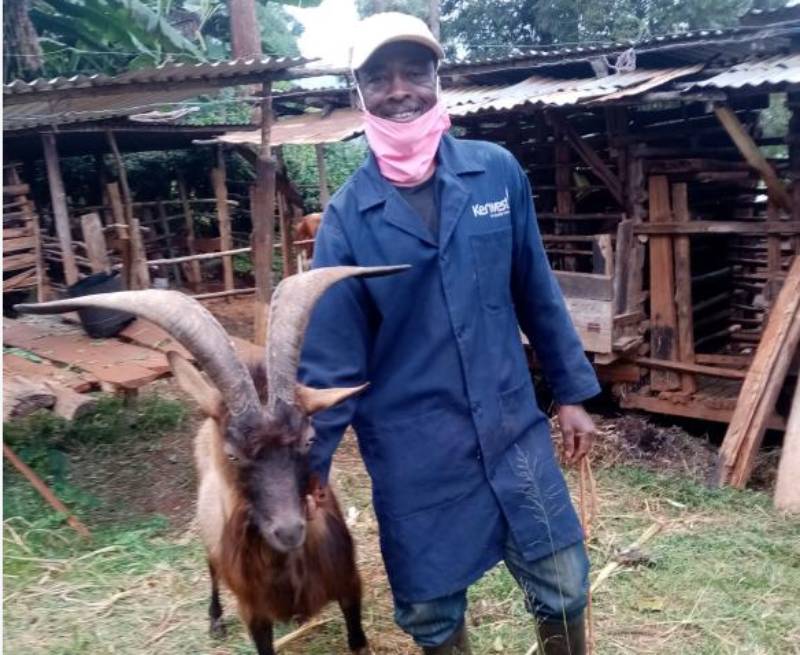×
The Standard e-Paper
Smart Minds Choose Us

After a stressful experience with dairy cows, in 1998, Mary Wacuka started dairy goat keeping at her farm in Thangathi, Mukurweini Constituency.
“I attended a farmers' field day and was impressed by what I saw. I noticed that dairy goats are low maintenance unlike dairy cows and they fetch good returns within a short time. After doing my math, it was clear this was something I could do on my small farm,” Ms Wacuka says.